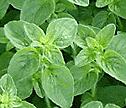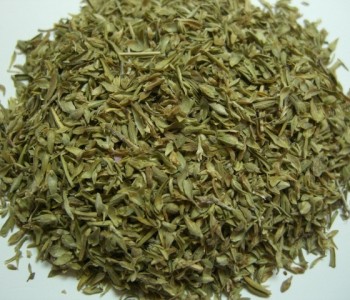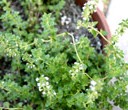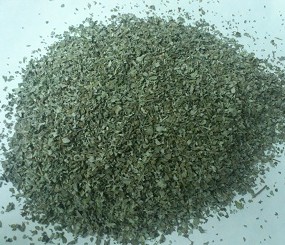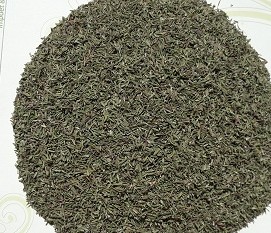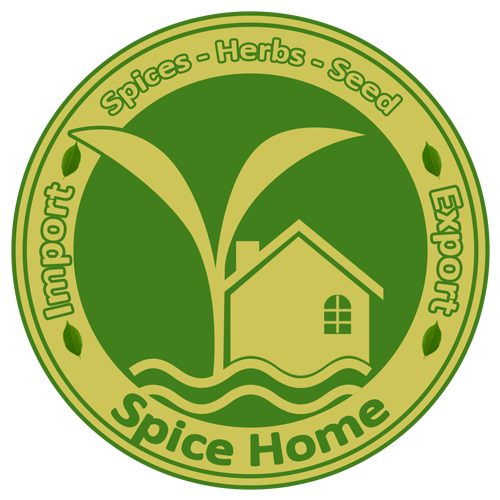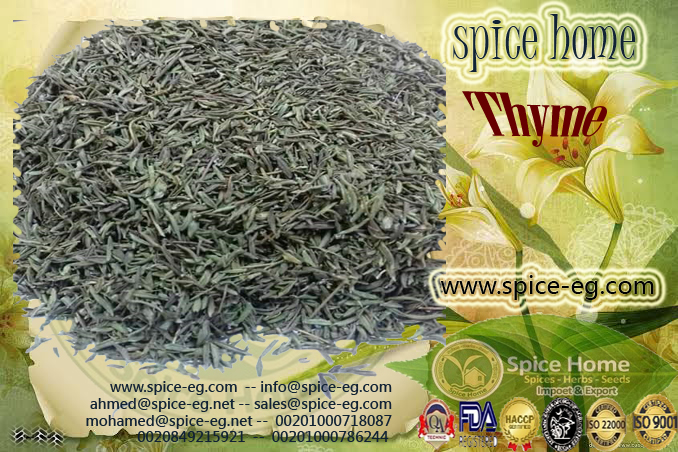
Thymus vulgaris
Thyme
| Botanical Name | ( Thymus vulgaris ) |
| Available Form: |
|
| Season: | Available all the Year |
| Packing: | 25 KG |
Annual production capacity : 150 Ton
Storage conditions: Store in a cool dry place at temperature above 20 ° C and relative humidity 75%.
Storage conditions: Store in a cool dry place at temperature above 20 ° C and relative humidity 75%.
Health benefits of thyme
benefits of thyme
Health benefits of thyme herb
Thyme contains many active principles that are found to have disease preventing and health promoting properties.
Thyme herb contains thymol, one of the important essential oils, which scientifically have been found to have antiseptic, anti-fungal characteristics. The other volatile oils in thyme include carvacolo, borneol and geraniol.
Thyme contains many flavonoid Phenolic antioxidants like zeaxanthin, lutein, pigenin, naringenin, luteolin, and thymonin. Fresh thyme herb has one of the highest antioxidant levels among herbs, a total ORAC (Oxygen Radical Absorbance Capacity) value of 27426-umol TE/100 g.
Thyme is packed with minerals and vitamins that are essential for optimum health. Its leaves are one of the richest sources of potassium, iron, calcium, manganese, magnesium, and selenium. Potassium is an important component of cell and body fluids that helps controlling heart rate and blood pressure. Manganese is used by the body as a co-factor for the antioxidant enzyme, superoxide dismutase. Iron is required for red blood cell formation.
The herb is also a rich source of many important vitamins such as B-complex vitamins, beta carotene, vitamin A, vitamin K, vitamin E, vitamin C and folic acid.
Thyme provides 0.35 mg of vitamin B-6 or pyridoxine; furnishing about 27% of daily recommended intake. Pyridoxine keeps up GABA (beneficial neurotransmitter in the brain) levels in the brain, which has stress buster function.
Vitamin C helps body develop resistance against infectious agents and scavenge harmful, pro-inflammatory free radicals.
Vitamin A is a fat soluble vitamin and antioxidant that is required maintaining healthy mucus membranes and skin and is also essential for vision. Consumption of natural foods rich in flavonoids like vitamin A and beta-carotene helps protect from lung and oral cavity cancers.
Thyme leaves offer significant levels of quality phyto-nutrients profile. Just 100 g of fresh leaves provides (% of Recommended daily allowance)
38% of dietary fiber,
27% of vitamin B-6 (pyridoxine),
266% of vitamin C,
158% of vitamin A,
218% of iron,
40% of calcium,
40% of magnesium and
75% of manganese
but no cholesterol.
Specification
Physical / Microbiological Analysis
Physical characteristic |
|
|---|---|
|
Colour |
Grey Green |
|
Aroma |
Grassy and herbaceous |
|
Flavour |
Characteristic flavour |
|
Aspect |
Dried leaves of Thyme |
|
Particle Size |
2-4 mm |
Microbiological analysis |
|
|---|---|
|
Salmonella |
Not detected in 25g |
|
Escherichia Coli |
Absent |
|
YEAST/MOULD (CFU into 1g no more than) |
0,10 x 103 |
Chemical analysis
|
Chemical analysis |
|
|---|---|
|
Moisture % |
12.00 |
|
Extraneous Matter % |
Absent |
|
Living & Dead Insects % |
Absent |
|
Mineral Dirtines Contents % |
Absent |
|
Organic Dirtines Contents % |
Absent |
|
Allergens material |
It Does‘t contain |
|
Metal particles % |
Absent |
|
Pesticides Residues |
Meet EU Regulations |
|
Heavy metals (Sr, Sс) |
Absent |
|
Ash % |
12.00 |
|
Acid insoluble Ash % |
3.50 |
|
Volatile oil ml/100 g |
1.00 |

